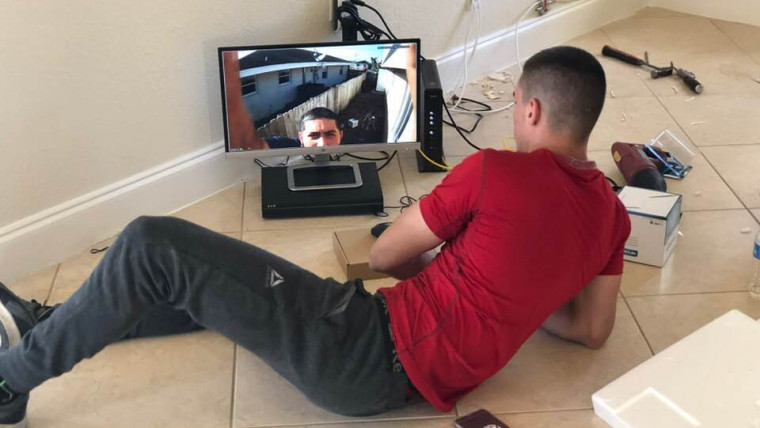What is Causing Your Security Level to Go Down? A Deep Dive Into Potential Pitfalls
Ensuring the security of homes and businesses is a priority in today’s fast-paced, technology-driven world. However, there are often unseen factors that might be compromising your security, causing the overall level of safety to go down. Understanding these factors can help rectify the vulnerabilities and enhance overall security. This article will explore several common causes that could potentially decrease your security level.
1. Outdated Security Systems
One of the most common reasons for diminished security levels is outdated or obsolete security systems. Technology is advancing at an unprecedented rate, and security systems are no exception. If your system is not updated regularly or lacks the latest security features, it could become an easy target for savvy intruders. Therefore, regularly updating and upgrading your security systems, including alarms, surveillance cameras, and access controls, is crucial for maintaining optimal security.
2. Inadequate Maintenance
Even the most advanced security system can fail if not properly maintained. Regular maintenance checks are essential to ensure all parts of the system are functioning as they should. This includes checking batteries, testing alarms, updating software, and checking physical components for wear and tear. Neglecting maintenance can lead to system malfunctions, rendering your security measures ineffective.
3. Lack of User Training
While having top-notch security systems is vital, understanding how to use them is equally important. A lack of user training can result in the misuse or underuse of security features, leading to a decrease in overall security levels. Regular training sessions can ensure that all users are familiar with how to operate and respond to the security systems effectively.
4. Insufficient Coverage
Not having enough security measures in place can also lower your security levels. Insufficient coverage might include not having enough surveillance cameras to cover all access points, not including all doors and windows in the alarm system, or not having a backup power source for your security systems. It’s essential to assess your property thoroughly and ensure that your security measures cover all potential vulnerabilities.
5. Lax Physical Security Practices
Even the best electronic security systems can’t compensate for lax physical security practices. This might include leaving doors or windows unlocked, not changing locks when keys are lost, or not adequately securing access to security systems. Adopting stringent physical security practices can significantly enhance the effectiveness of your electronic security systems.
6. Ignoring Cybersecurity
In this digital age, cybersecurity is as important as physical security. If your security systems are connected to a network, they are vulnerable to cyber threats. Ignoring cybersecurity can lead to security breaches, where hackers could potentially disable your security systems or gain access to sensitive data.
7. Complacency
Complacency can lead to a false sense of security. Over time, people can become lax in using security systems as they should, such as not arming the alarm system regularly or ignoring alerts. This complacency can significantly decrease your security level over time.
In conclusion, maintaining high security levels requires constant vigilance, regular updates and maintenance, adequate user training, and robust physical and cybersecurity practices. By understanding and addressing the factors that can decrease your security level, you can ensure that your home or business remains as safe and secure as possible.


